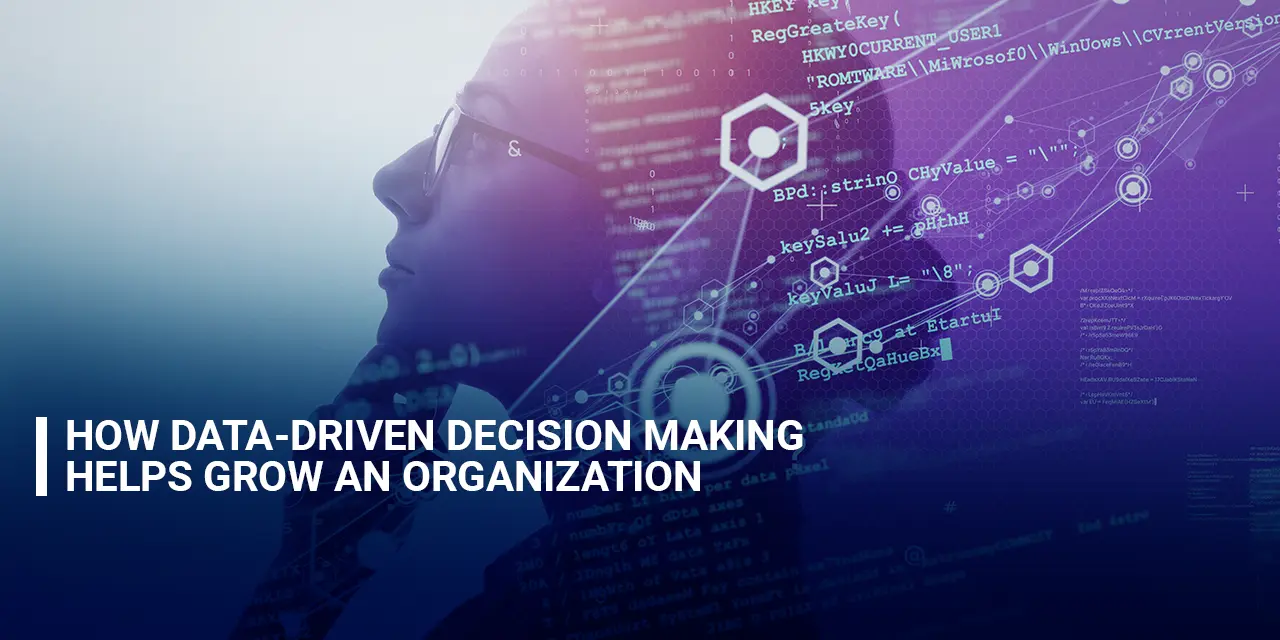Research
Share Knowledge
Brainstorm Ideas
In today's competitive business environment, making informed decisions is crucial for sustainable growth. Data-driven decision-making (DDDM) leverages data analysis and interpretation to guide strategic and operational decisions. By systematically collecting, analysing, and utilizing data, organizations can unlock numerous benefits that drive growth and efficiency. Here’s a comprehensive look at how DDDM can propel an organization forward.
-
1. Improved Accuracy and Precision
Benefit: Enhanced Decision Quality
Using data to inform decisions reduces the reliance on intuition and guesswork. Data provides empirical evidence that can validate assumptions and predictions, leading to more accurate and precise outcomes.
Example: Retailers use sales data and customer purchase histories to predict inventory needs, reducing stockouts and overstock situations.
-
2. Enhanced Customer Insights
Benefit: Better Understanding of Customer Needs
Analysing customer data allows organizations to gain deeper insights into their preferences, behaviours, and needs. This understanding enables more targeted marketing, personalized experiences, and improved customer satisfaction.
Example: E-commerce platforms use browsing and purchase history to recommend products that align with individual customer interests, boosting sales and customer loyalty.
-
3. Increased Operational Efficiency
Benefit: Streamlined Processes
Data-driven insights can identify inefficiencies and bottlenecks in operations. By addressing these issues, organizations can streamline processes, reduce costs, and improve overall efficiency.
Example:Manufacturing companies analyse production data to optimize workflow, reduce downtime, and enhance output quality.
-
4. Better Risk Management
Benefit: Informed Risk Mitigation
Data helps organizations identify potential risks and vulnerabilities. By analysing historical data and trends, companies can anticipate and mitigate risks more effectively, ensuring stability and resilience.
Example:Financial institutions use predictive analytics to assess credit risks and prevent fraud, safeguarding their assets and reputation.
-
5. Enhanced Innovation
Benefit: Data-Driven Innovation
Access to robust data enables organizations to identify market trends and emerging opportunities. This fosters innovation by providing a factual basis for developing new products, services, and business models.
Example: Technology companies analyse user data to identify gaps in the market and develop innovative solutions that meet unaddressed needs.
-
6. Informed Strategic Planning
Benefit: Strategic Alignment
Data-driven decision-making aligns strategic planning with real-world insights. Organizations can set realistic goals, measure progress accurately, and adjust strategies based on data-driven feedback.
Example: Companies use market research data to inform their expansion strategies, ensuring they enter markets with the highest potential for success.
-
7. Competitive Advantage
Benefit: Staying Ahead of Competitors
Organizations that leverage data effectively gain a competitive edge. By making better, faster decisions, they can respond to market changes more swiftly and capitalize on opportunities before competitors.
Example: Businesses that utilize advanced analytics to predict consumer trends can launch products and marketing campaigns ahead of the competition, capturing a larger market share.
-
8. Enhanced Employee Performance
Benefit: Data-Driven Performance Management
Data can provide insights into employee performance, identifying areas for improvement and development. This leads to more effective training programs and performance management systems.
Example: HR departments use performance data to identify top performers, tailor development plans, and improve overall workforce productivity.
-
9. Financial Optimization
Benefit: Improved Financial Decisions
Analysing financial data helps organizations optimize their budgets, reduce unnecessary expenditures, and allocate resources more effectively. This leads to better financial health and sustainability.
Example: Businesses analyse expense data to identify cost-saving opportunities and reallocate funds to high-impact areas.
-
10. Enhanced Compliance and Reporting
Benefit: Regulatory Adherence and Transparency
Data-driven decision-making ensures that organizations meet regulatory requirements more efficiently and transparently. Accurate data reporting enhances compliance and builds stakeholder trust.
Example: Companies in regulated industries use data to track compliance metrics, ensuring they meet all regulatory standards and avoid penalties.
-
Conclusion
Data-driven decision-making is a transformative approach that empowers organizations to make informed, strategic, and effective decisions. By leveraging data, businesses can enhance customer insights, streamline operations, mitigate risks, foster innovation, and maintain a competitive edge. As a result, organizations that adopt DDDM are better positioned for sustainable growth and success in an increasingly data-centric world.
-
How Can We Help?
ITPN has leading-edge capabilities, top-class experts, and pioneering experience in this area. Please contact us if you have any questions or need assistance regarding our services.

